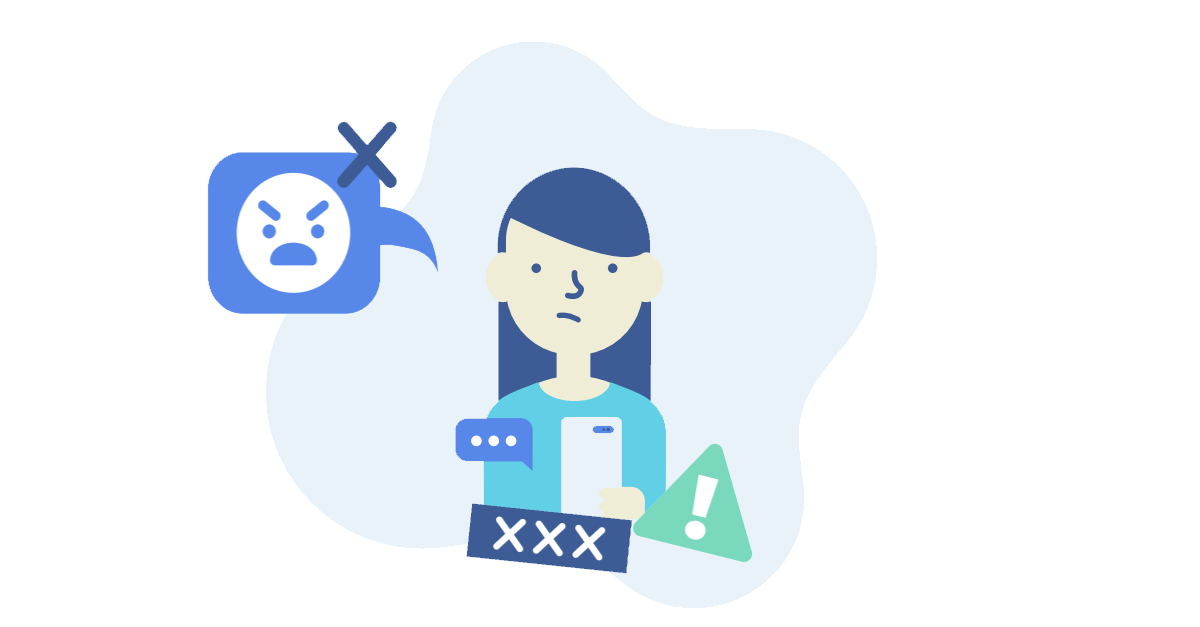The teen years are a developmental period in which risk-taking is to be expected. Enjoyment of adventure, challenge, and risk may be heightened in some people.
However, children and young people with SEND are – by definition – young people with emotional and behavioural difficulties. It is essential for parents to consider whether their risk-taking behaviour is likely to be expressed online as well as offline.
For some, going online will provide a positive space to escape from or compensate for their offline reality; a way to find sensation and fun. Others who are socially isolated and introverted may lack social skills and therefore be less active or lively online in the way that they interact with friends.
Either way, young people tend to see no boundaries between on or offline life and often become victims online, of someone who knows them offline and is aware of their vulnerability. In this way, the perpetrator has the knowledge to manipulate their target especially if they have SEND.
While most of us feel confident we would not be taken in by somebody not being who we thought they were online, or a piece of content not being true, young people with SEND may find this more difficult to spot. They may be:
- More likely to believe what they’re told by friends and unknown people
- More trusting and have a greater belief in what they see and hear
- Less able to think critically about what they share and the consequences
- Less able to spot risky situations
- Less discriminating of both their own behaviour and the behaviour they see








